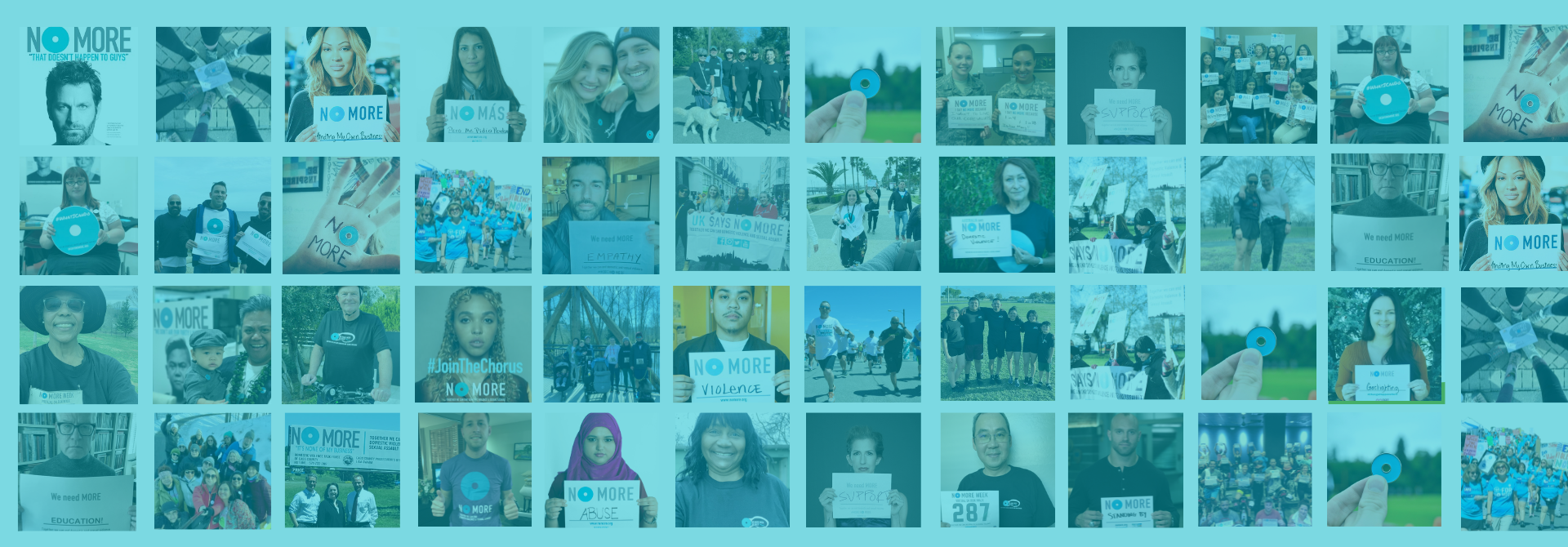Abusive Relationships Can Affect Your Long-Term Health

One in three women experience violence from their partners in a lifetime. And the pain spreads far deeper and longer than the moment of impact — the punch, the slap, the kick. Living with an abuser can cause long-term chronic illnesses, too.
Eighty-one percent of female survivors struggle with a chronic health problem brought on by the ongoing stress of living with an abuser. Some have wheezing from asthma, because a partner might control finances that prevent them from picking up their medication or mock them when they use an inhaler. Some abusers won’t allow the use of contraception, resulting unintended pregnancies. And sometimes survivors turn to unhealthy behaviors, like drinking and smoking, to cope with stress.
That’s not all: Still more get sick with conditions triggered by stress-related inflammation like diabetes, arthritis, and hypertension. (More magazine has an excellent article, based on research funded by Verizon Foundation, about domestic violence and how stress triggers these illnesses.)
By the Numbers
Survivors of Intimate Partner Violence Are…
- 60% more likely to have asthma
- 70% more likely to have heart disease
- 80% more likely to have a stroke
- Twice as likely to be a current smoker
- Twice as likely to suffer from depression and headaches
Source: Centers for Disease Control and Verizon Foundation/More Magazine
What can we do about it? Dr. Brigid McCaw, medical director of Kaiser Permanente’s Family Violence Prevention Program, has encouraging news. According to research, the majority of women end violent relationships, and the majority of women do not have recurrent abusive relationships, McCaw says. Kaiser Permanente is a leading health care system that has pioneered an innovative approach to using the health care setting to improve family violence prevention services.
“It’s okay to ask for help — reach out to someone you trust, talk to your doctor,” she urges. “Research has shown that women who talked to their health care provider were four times more likely to seek help. In my own practice every day, I see women taking the courageous steps to be safer, reclaiming their lives and their health,” she says.
Thanks to the growing awareness about the long-term health implications of domestic violence and due to the recommendations of multiple health professional organizations, medical providers nationwide are learning more about how to talk with their patients about this important issue.
Read stories of courage, survival, and hope contributed by McCaw’s Kaiser Permentante physicians, staff, and employees who have dealt with domestic violence here.
If you or someone you know needs immediate help, text or call the National Domestic Violence Hotline at 1-800-799-7233. For more information about domestic violence and how to prevent it, visit NO MORE.

Make a Difference
Enjoying the content? Consider becoming a monthly supporter. Your recurring donation helps ensure we can continue bringing you great content. Subscribe with a supporting membership for as little as $5 a month.
Become a ChampionTogether We Can End Domestic and Sexual Violence






